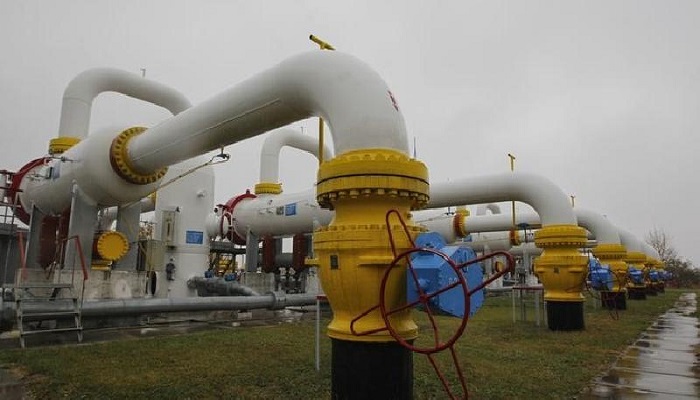In spite of the multi-year low natural gas prices across the United States, domestic producers go on to be pretty optimistic when it comes to long-term prospects of gas as a fuel, in America and abroad.
The present oversupply in the U.S. natural gas market is all set to ease in the months to come as many operators happen to be curtailing production in response to the February 2024 price slump, that saw prices tumble to a three-decade low.
In March 2024, the spot natural gas prices at the Waha hub at West Texas, in the Permian, have gone negative, dipping to as low as -$1.16 per million British thermal units- MMBtu on March 18, as per the EIA data. The negative price, which means that the producers have to pay for the gas to be moved out of production areas, was due to oversupply, a dearth of enough takeaway infrastructure, as well as ongoing maintenance of the El Paso Natural Gas Company- EPNG pipeline system, that delivers natural gas westbound out of the Permian Basin.
In the U.S., meanwhile, the benchmark price at the Henry Hub, has traded at around $1.6 per MMBtu in recent days, which is almost 75% lower than the average price in 2022.
U.S. natural gas producers as well as the pipeline operators acknowledge that there is an oversupply hanging on the market, but they do believe that gas will go on to be in demand domestically as well as internationally for many decades to come. Hence, the U.S. firms see the current market slump as inevitable bump on road in a cyclical sector.
It is certainly going to take some time for LNG to come out of the U.S. and a bit of a slowdown within the supply to rebalance, said the Executive Vice President of Corporate Strategic Development at the pipeline operator Williams Companies, Chad Zamarin, who told Reuters on the sidelines of the week ending March 23 CERAWeek conference in Houston.
Producers have begun to reduce the entire natural gas supply.
It is well to be noted that Antero Resources, for instance, released one drilling rig in December 2023 and also released one completion crew in February 2024 due to the low gas prices. Comstock Resources, because of its part, plans to lessen the number of operating drilling rigs it has been running from seven to five.
In addition to this, EQT Corporation, presently the largest U.S. natural gas producer, lowered its production range guidance earlier in 2024 as a response when it comes to the price environment they are in and wanting to ensure that there is flexibility, says Jeremy Knop, the CFO.
He added that the market is asking for not just production curtailments but, at the same time, activity reductions too.
Due to this, gas production dipped last week by 0.2%, vis-à-vis the previous week, to average 101.4 Bcf/d, per data from S&P Global Commodity Insights, which has been cited by the EIA.
Due to the output curtailments caused by the multi-year low prices, the market will go on to eventually rebalance as well as show once again that the cure when it comes to low prices is low prices. LNG exports happen to also be set to increase in the coming years, with the halt to LNG permit review notwithstanding.
There are also many varied and fully permitted LNG export projects anticipated to come on line in the next couple of years.
And also, the large U.S. gas producers happen to be looking beyond the short-term bearish market.
For example, EQT announced earlier in March 2024, a merger agreement to buy Equitrans Midstream Corporation as well as create an integrated U.S. natural gas company with an initial enterprise value that goes beyond $35 billion.
Toby Rice, the president and chief executive at EQT, said that as they enter the global era when it comes to natural gas, it is important for the U.S. natural gas companies to get their business models evolved so as to compete on worldwide stage against vertically integrated competition.
Supermajor Chevron also touted the significance of natural gas as an energy solution at CERAWeek.
The world is indeed going to require all forms of energy, and the fact is that natural gas will continue to play a major role, opined the president of international exploration as well as production at Chevron, Clay Neff, in the conference.
Chevron happens to be growing its LNG business with world energy needs. Neff added that the growing demand when it comes to electricity globally needs the energy to be lower carbon, and the fact is that renewables cannot support the demand alone.
It is indeed necessary that one stay focused when it comes to developing energy solutions that create equilibrium in economic development as well as prosperity, energy security, and environmental safeguards.



































